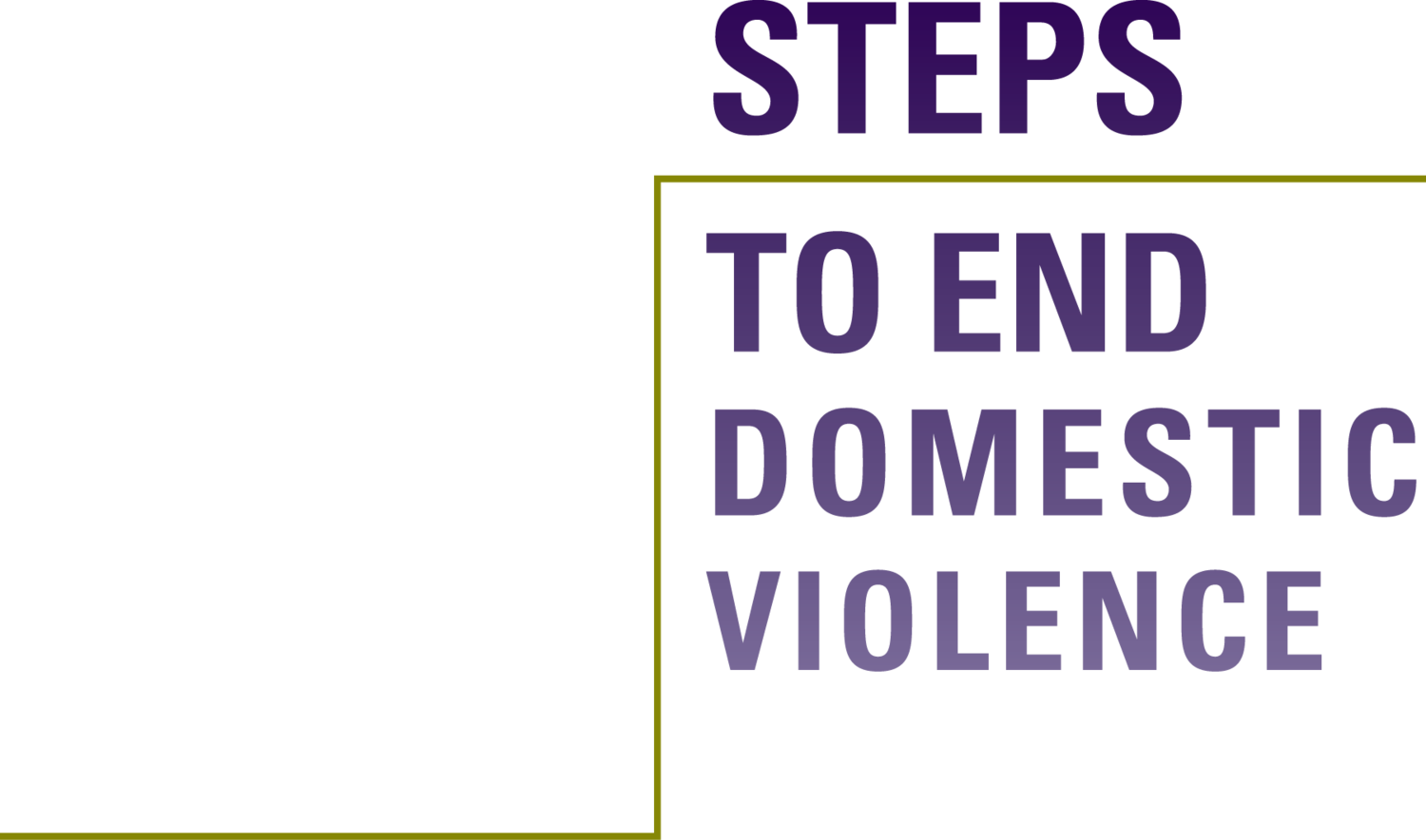On January 21st, 2017, thousands of Vermonters attended the Women’s March in Montpelier. On June 7th, 2020, Vermonters marched at the state house once again, but this time, they marched because they are outraged by the murders of Ahmaud Arbery, Breonna Taylor, Tony McDade, and George Floyd; they are outraged by the systemic racism that our nation’s institutions are built upon, the policies and practices that center white people and subject black people to profiling, discrimination, and violence to this day.
Two revolutionary marches, but with two very different turnouts: an estimated 2,000 to 3,000 Vermonters attended the Black Lives Matter protest, while an estimated 15,000 to 20,000 Vermonters — 5x more people — attended the Women’s March. We know the smaller crowd is in part because the COVID-19 pandemic has all of us practicing social distancing, but as a primarily white state, we want to call our community members in to consider this: is our feminism intersectional? Are we fighting for gender equality for all if we do not consider racial equity gender equity? Are we advocating for all womxn if we are not talking about how multiple forms of oppression operate together? What are we doing about these compounding injustices? You can read more about intersectional feminism, a term coined by Kimberlé Crenshaw, here.
We can’t talk about gender-based violence without talking about how black folks are disproportionately affected by it. In her letter “Dear White Women,” activist and writer Rachel E. Cargle speaks to white feminism, which she describes as, “the space where white women fight for rights that benefit their personal agendas without regard for the ways marginalized women experience oppression within the same system.” You’ll find tons of great resources linked throughout the letter. Check it out here.
So, how are intimate partner violence and racial injustice linked? In relationships where abuse is present, the abusive partner uses their privilege to gain power and control over their partner, which is to say the abusive partner acts as the oppressor. When someone experiences further oppression, like racial discrimination, from society as a whole, it makes it even more difficult to break the cycle of abuse.
As an example, today on Instagram, Education & Prevention Coordinator, Marla, dispelled the myth that calling the police is the safest option for every person experiencing intimate partner violence. Black individuals have experienced — and have witnessed their family, friends, and other black people across the nation experience — harm by individuals and institutions that serve and protect white people and perpetuate violence against black people. They have known horrendous abuses of power which for many, has led to a distrust of law enforcement. If calling the police isn’t an option, the already-too-thin resources for those experiencing violence dwindle, creating additional barriers to finding safety.
All institutions are made up of individual people, and all people have prejudices. Each of us need to dig up the root causes of these prejudices and discredit them so we don’t continue to cause harm. Each of us need to understand how privilege shapes the way we experience the world, and then take action to dismantle white supremacy. Not all folks in power abuse their power, but we know when an individual chooses to do so, they have social capital that means fewer consequences for them. That’s what we mean when we talk about privilege. And that’s just one example of the way oppression builds.
So, what do we do about white feminism? We de-center white people. We amplify voices of color. We educate ourselves because we are responsible for unlearning the internalized racism that is upheld by messages of white supremacy in the media and in the spaces we occupy from the moment we are born. We invite you to learn and unlearn with us. And then, we invite you to take action.
Not sure where to start with your anti-racist education and work? Check out these resources, and send us yours, too!

